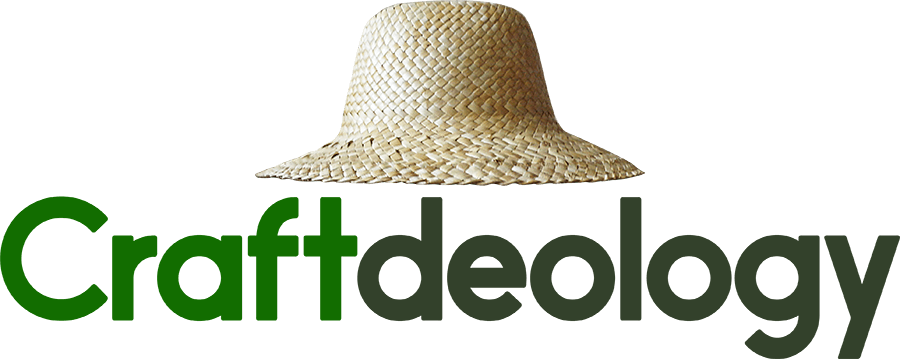When making big decisions in life, we often end up with two paths to choose:
- For our happiness
- For others’ happiness
But it’s confusing. If we choose our own happiness, people may think we’re self-centered. And if we choose the other way, ah, who knows what’s gonna happen.
And because we are so confused, we are naive, we don’t know what’s the best… it feels reasonable to ask advice from our inner circle, right?
What we fail to realize however, is that these people don’t truly know what’s best for us. Seriously. They don’t truly know.
The advice from our parents or our friends or our mentors are only influenced by their own perception of the world — and it stems from a constellation of factors such as love, values, social status, fears, societal pressure, norms, and many bullshit.
For example: Your mother wants you to pursue a certain career which she believes is lucrative — and that’s what she thinks is right. But doesn’t mean it’s the best for you. There’s no guarantee. Do mothers really know better? I don’t know.
Or maybe your friend advises to leave your spouse as he believes you’re not in a healthy relationship — and that’s what he believes. Again there’s no guarantee. Do our friends really know what’s best for us? I don’t know.
They said follow your heart. They said follow what’s right.
But what does it really mean by following our heart or following what’s right? Everyone has their own perception of what is right.
Everyone has their own standards. Everyone has their own versions.
Which means, nobody knows what’s the best for you. Think about it. These people can’t even fix themselves and they’re busy trying to fix yours.
While it does help to ask for their advice, placing our destiny in it can be detrimental in the long run.
What should we do now?
Position yourself in the “middle path.”
This means, test all the options (the paths).
Here’s how it goes: Spend time experiencing option 1. Then go back to the middle. And reflect. And then another time for option 2, go back to the middle, and reflect. And then decide (if you have to).
Sometimes it’s easy to pivot. Sometimes it’s hard — it might take years. But who cares. In this case, it’s better to do something (like experimenting) than drain your time and energy overthinking what’s the best.
I often use this approach when I’m at the crossroad of my life and when I feel that choosing my own happiness seems unfair for my loved ones. And it works for me (not for everyone of course).
And here’s where it gets really interesting: Every path I chose has a consequence — yes every freaking path. Even if the path seems the safest, there are still consequences.
So what does it mean? Does it mean that there’s no best path for us?
It means that we’ve been wrong all along.
“What’s the best path” is obviously the wrong question to ask. Instead, question if you’re ready for the consequences.
Question if you can stand it, if you can swallow it, if you can find a way to bounce back, if, if, you’re ready for the shit and negativity and depression and guilt and shame and all the adversities.
So which path to choose?
If you choose your own happiness, so be it. If you choose to give up your happiness for the sake of other people, so be it.
If you choose to stay together with your spouse even though he/she cheated, or if you choose to give up your passions for the sake of working more for your loved ones, or if you choose to switch a new career that is more profitable and secure, go on. Who cares.
The question is, are you ready for the consequences?
Most of the time, I’m not ready. I’m not sure.
But maybe if I can spend some time in the middle path, then I might have a better understanding.
You might ask, “Do we really need to use this approach?”
Give it a try. But there’s no guarantee.
You know your life better than anyone else.
